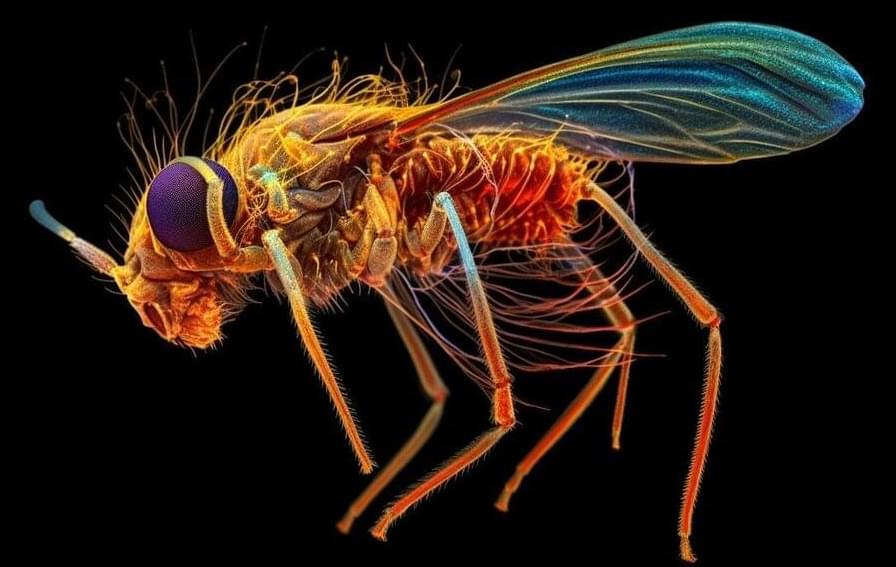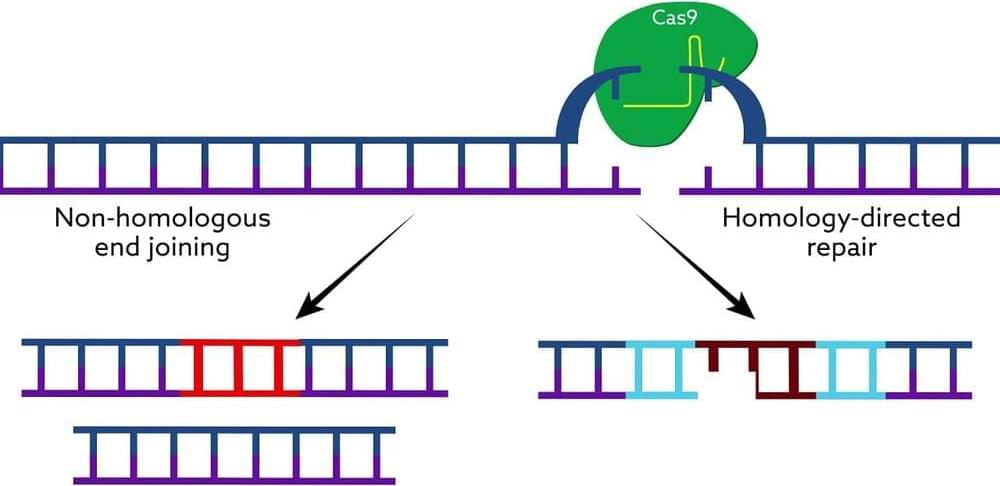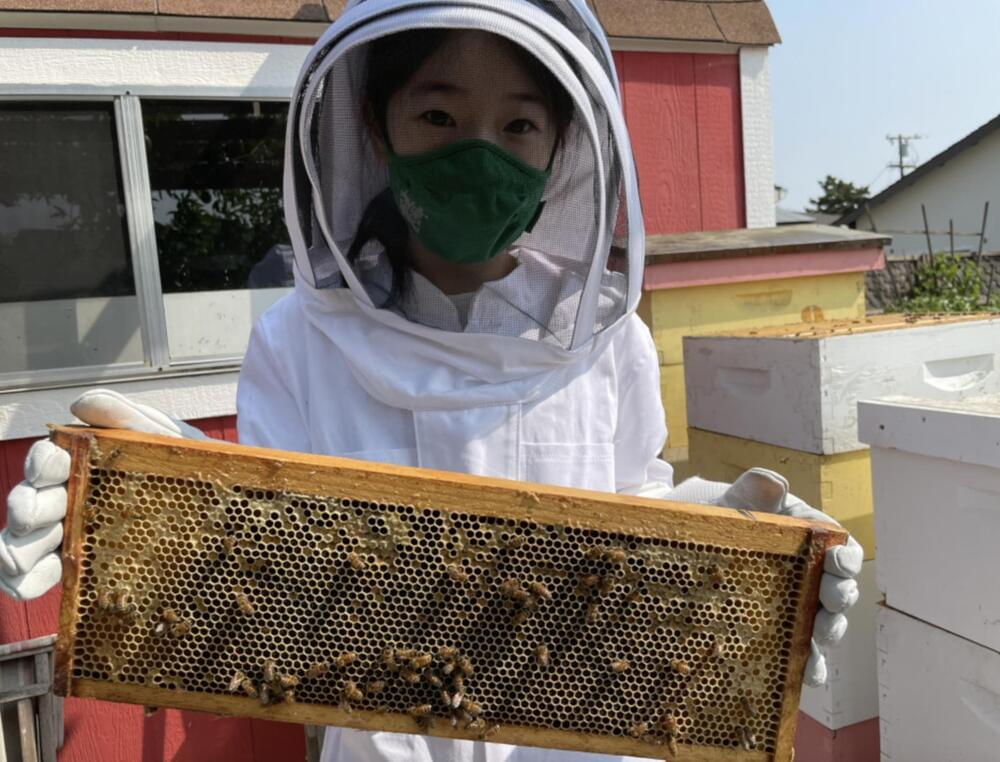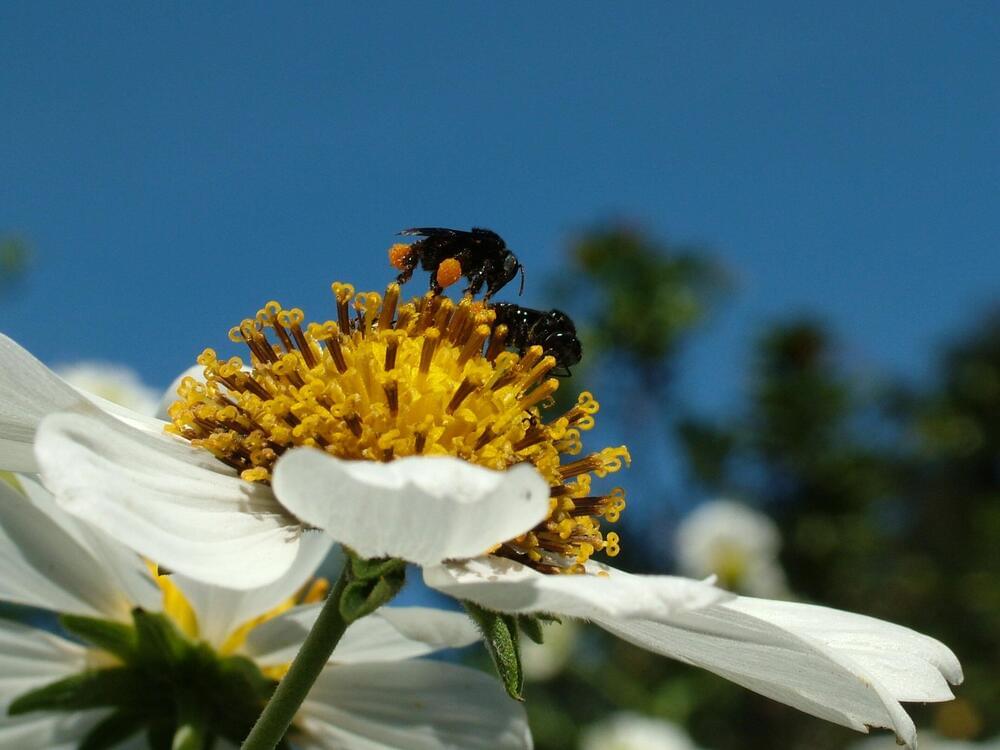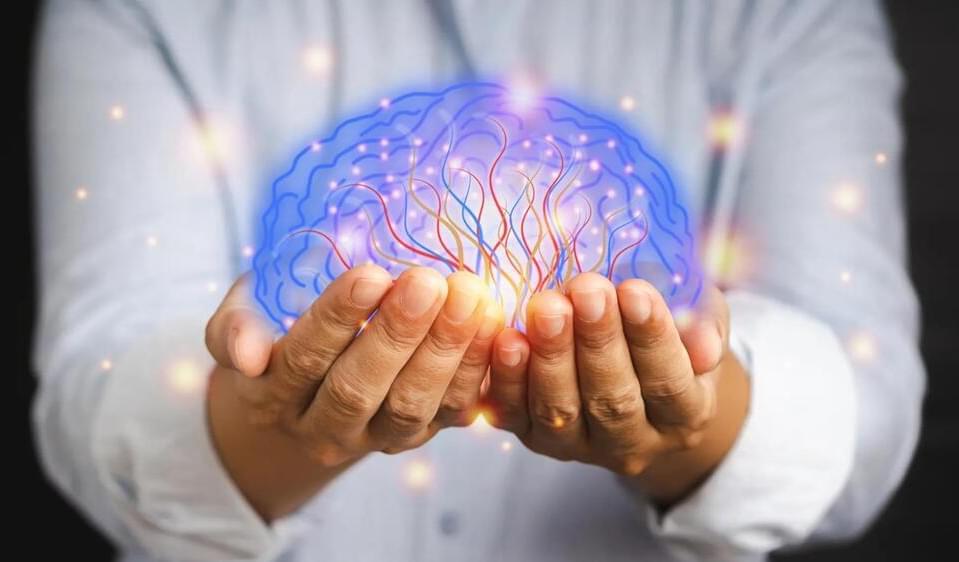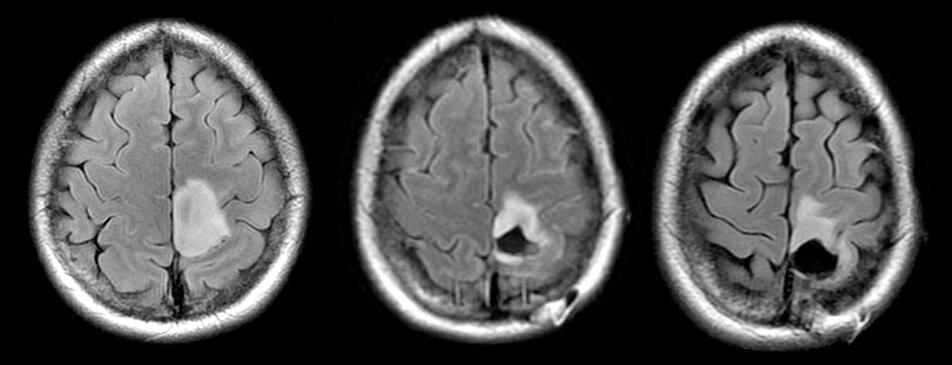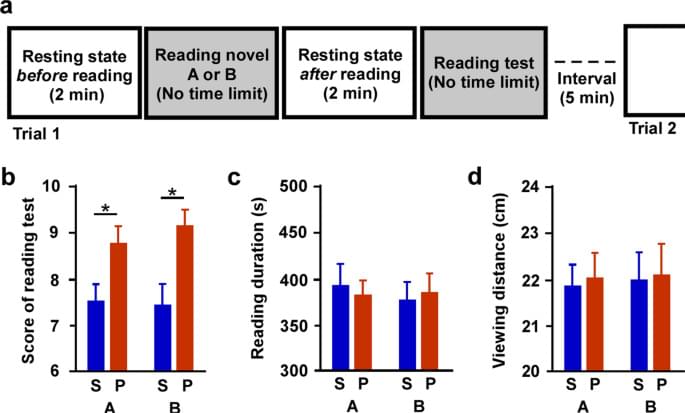
This study provides a new perspective on the relationship between the visual environment and cognitive performance, based on the results of path analysis (Supplementary Fig. 5). Regarding reading on a paper medium, moderate cognitive load may generate sighs (or deep breaths) and appears to restore respiratory variability and control of prefrontal brain activity. In contrast, reading on smartphones may require sustained task attention34, and acute cognitive load may inhibit the generation of sighs, causing overactivity in the prefrontal cortex. Sighing has been found to be associated with various cognitive functions13,27,28, and may reset respiratory variability36,37. This reset may also be associated with improved executive functions14.
The current study has several limitations. First, our experiment did not entail any measurement of subjective cognitive load. Based on the differences in the number of sighs and brain activity between reading on smartphones and paper media, it is highly likely that there might have been a difference in cognitive load as well. In future, it is necessary to assess cognitive load indices and examine the relationship between breathing and brain activity. Second, we did not control the movements when turning pages or pointing movements to maintain the focus of attention on the text. These bodily movements may have had some influence on the present index. In the future, such physical limitations should be taken into consideration.
The results of this study suggest that reduced reading comprehension on smartphone devices may be caused by reduced sighing and overactivity of the prefrontal cortex, although the effect on electronic devices other than smartphones has yet to be confirmed. Recent reports indicate that the use of smartphones and other electronic devices has been increasing due to pandemic-related lockdowns, and there are indications that this is negatively influencing sleep and physical activity38,39. The relationships among visual environment, respiration/brain activities, and cognitive performance detected in this study may indicate one of the negative effects of electronic device use on the human body. If the negative effects of smartphones are true, it may be beneficial to take deep breaths while reading since sighs, whether voluntary or involuntary, regulate disordered breathing36.
